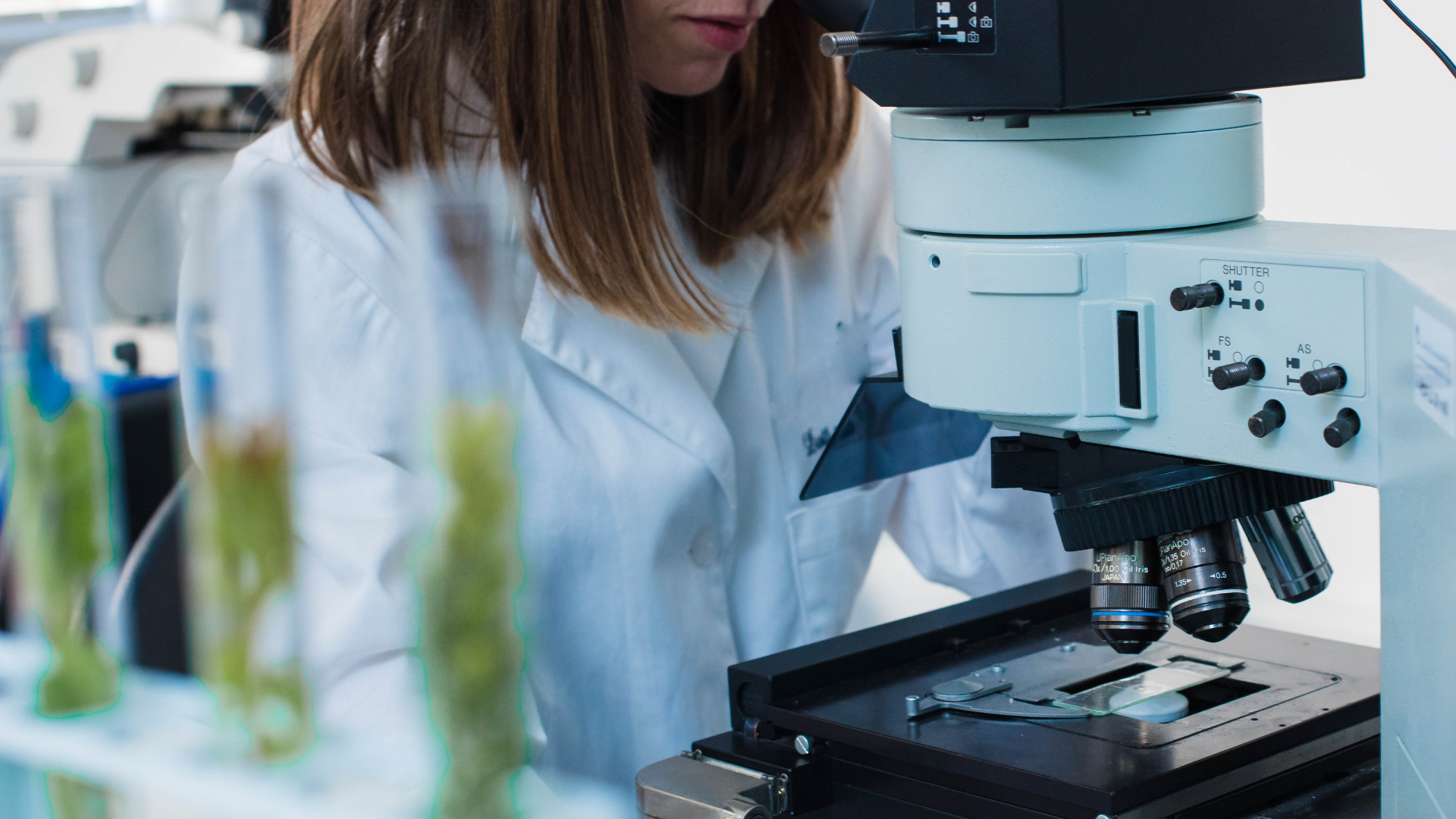IQS finds an alternative to the evaluation of the effectiveness of different ingredients and finished products in the cosmetic sector. This constitutes an alternative to animal experimentation and becomes a new way to minimize and restrict animal testing.
Since 2013, Regulation (EC) 1223/2009 of the European Union imposes a total ban on animal testing for cosmetic products.
Dr. Rocío Guerle Cavero has presented and elaborated her doctoral thesis at the Chemical Institute of Sarrià, in the Chemistry and Engineering program. The thesis has been directed by Alberto Balfagón Costa with the aim of creating a three-layer chitosan membrane ionically cross-linked with sodium tripolyphosphate, which simulates the different layers and parts that make up human skin.
The doctor first created the 'in vitro' model formed by the three-layer chitosan membranes, with induced pores to simulate the different characteristics and properties of human skin. Subsequently, she studied the anti-aging properties of different active ingredients and finished cosmetic products, which were tested on the new three-layer membrane created. As indicated in the press release, three of the main components of the extracellular matrix were analyzed, such as elastin, collagen, and hyaluronan, as well as ceramides, which are one of the main components of the skin barrier.
Finally, clinical studies were used in which the efficacy of some active ingredients and final cosmetic products was evaluated to compare them with the results obtained with chitosan membranes.
This thesis has demonstrated the potential of these membranes as a viable alternative to animal testing to evaluate the effectiveness of different ingredients and finished products in the cosmetic sector and becomes a new alternative for companies in the cosmetic sector to develop new products without depending on animal experimentation.
